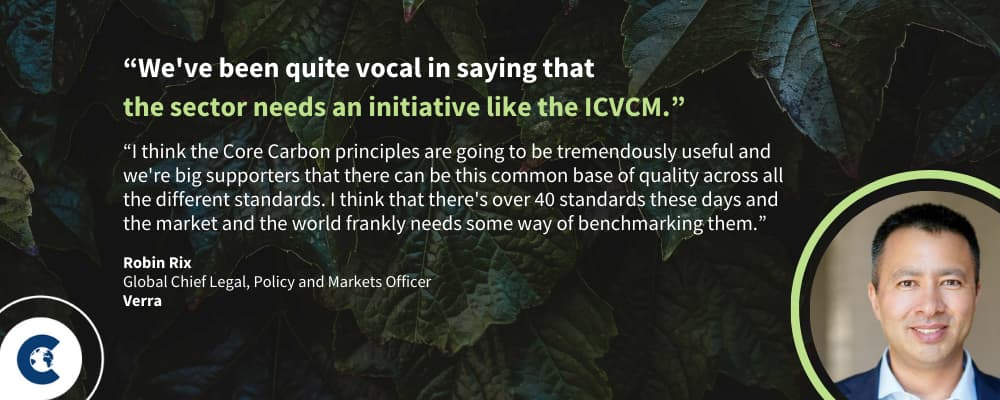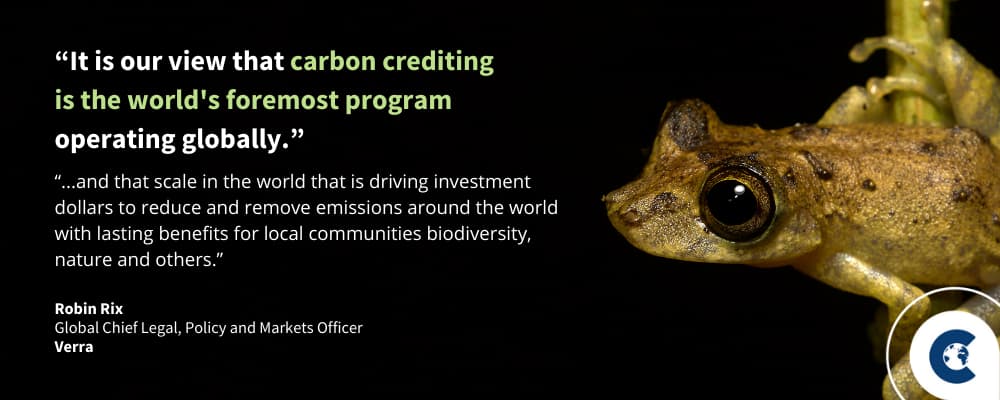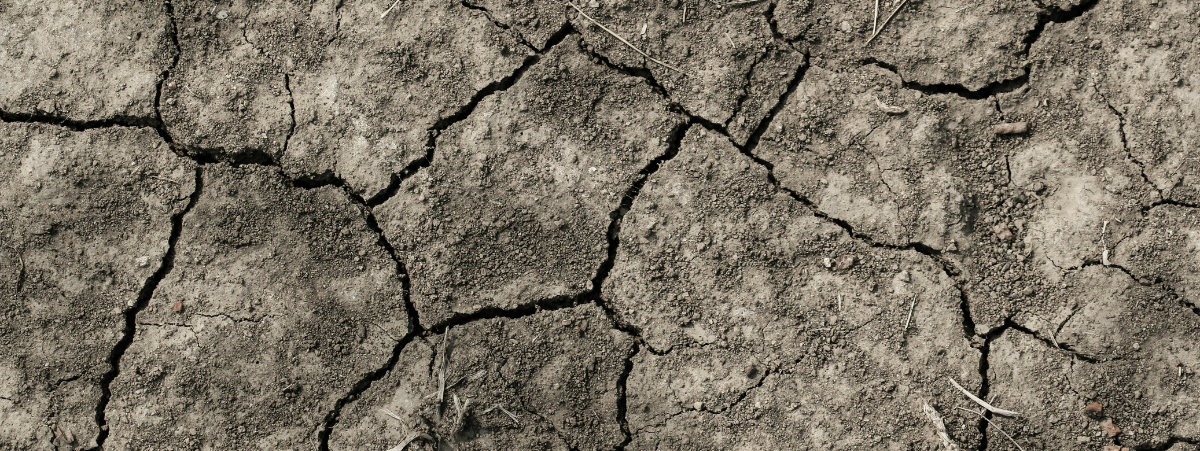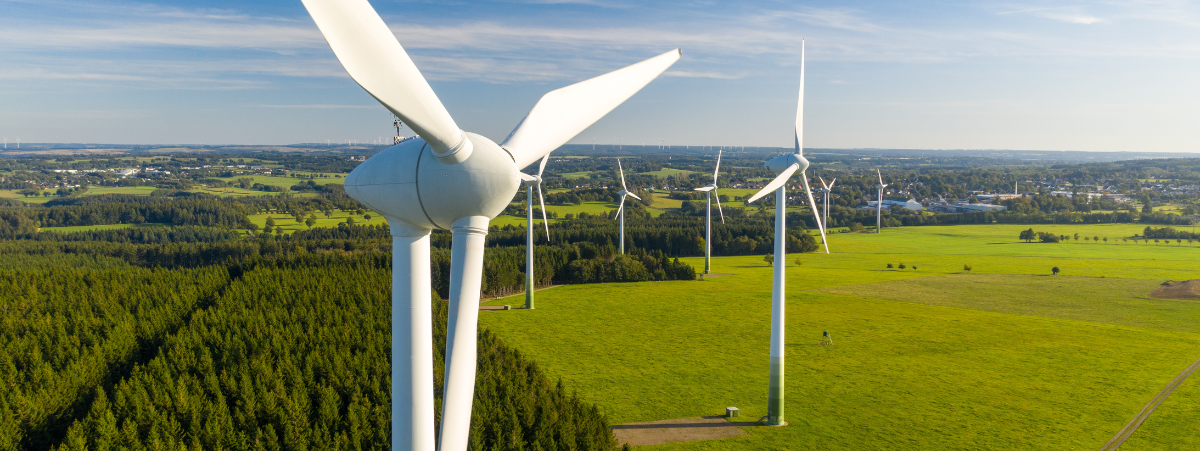In this episode of ClimateTalks we meet Verra to discuss how they are facilitating a sustainable transition through carbon offsetting.
Last week and fresh off the heels of their ICVCM Core Carbon Principles accreditation, we sat down with Verra to discuss how they are facilitating a sustainable transition through carbon offsetting. We interviewed Robin Rix, Chief Legal, Policy and Markets Officer, who talked in detail about the criteria needed to achieve accreditation by Verra, how they are addressing criticism in the carbon market and how they see the future of the industry evolving.
Who is Verra?
Verra is a non-profit organization that plays a key role in the Voluntary Carbon Market (VCM). They don’t directly fund climate mitigation projects, but instead set the standards and manage programs that ensure the legitimacy of carbon offset projects. Verra’s Verified Carbon Standard (VCS) program is the world’s largest for voluntary greenhouse gas reduction and removal projects. By certifying projects that meet their strict criteria, Verra allows project developers to earn carbon credits for the emissions they reduce or remove from the atmosphere. These credits can then be sold to companies or individuals looking to offset their own carbon footprint. In this way, Verra helps channel financial resources towards initiatives that combat climate change and promote sustainable development.
A Guide to Carbon Offset Project Certification with Verra
Verra plays a critical role in ensuring the integrity of the voluntary carbon offset market. Here’s how they explained the process to us:
Quantifying Emission Impacts: Verra establishes a program for certifying carbon credits. These credits represent verified emission reductions or removals achieved through specific activities.
Facilitating Credit Transactions: Entities that emit greenhouse gasses can acquire these credits to offset their emissions footprint. Verra emphasizes that using carbon credits should not be the primary solution for emitters. The main focus should be on directly reducing emissions.
However, Verra acknowledges the role of credits in:
Addressing Residual Emissions: Credits can address unavoidable residual emissions after primary reduction efforts have been implemented.
Mobilizing Finance for Sustainable Activities: The carbon credit market channels finance towards projects that reduce or remove emissions, particularly in developing countries.

Verra’s Robust Certification Process
Verra maintains the integrity of its carbon credit program through a rigorous, multi-stage process. This ensures that the carbon credits issued accurately represent real, measurable emission reductions or removals.
The first step involves project registration. Project developers submit detailed documents outlining their project’s goals, the methodology they plan to use, and any relevant legal aspects. Verra meticulously verifies these details to confirm that the project meets several key criteria. These include ensuring the project would not have happened without the generation of carbon credits (additionality), achieves permanent emission reductions or removals, and avoids any negative social or environmental impacts.
Once a project is registered, independent third-party verifiers come into play. These qualified bodies are responsible for validating the project’s claims and meticulously ensuring adherence to Verra’s stringent standards. Their verification process provides an additional layer of assurance that the project delivers the promised climate benefits.
Following successful verification and confirmation that the project is implemented as planned, Verra issues carbon credits. These credits represent the quantifiable emission reductions or removals achieved by the project.
Verra acknowledges that best practices in carbon offsetting are constantly evolving. To maintain the highest standards, they continuously improve their program to reflect these advancements.
One recent example of this commitment is Verra’s achievement of certification from the Integrity Council for the Voluntary Carbon Market (ICVCM). This independent certification demonstrates Verra’s program aligns with the best practices established by this leading industry body.
Balancing carbon reductions and removals
One question we were keen to put to Robin, given the demand recently for carbon removals projects, how does Verra support these types of projects and also what initiatives are provided for avoidance projects amidst this current spike in demand for removals.
Robin emphasized the importance of both emission reductions projects and removals to address the climate crisis, with an interesting analogy that you’ll have to look out for in the interview. He also told us they offer separate labels for credits to distinguish between these two categories and are developing methodologies for both areas.
What does the future hold for carbon offsetting?
The future of carbon offsetting appears positive, with Verra anticipating a significant rise in investments directed towards emission reduction and removal projects. This optimism is fueled by a growing interest from governments and regulatory bodies in carbon crediting. Another positive sign and movement for the industry that will help it to establish strong safeguards against fraud and ensure projects deliver genuine climate benefits.

Key takeaway: Verra, through its rigorous carbon crediting program, positions itself as a leader in facilitating climate action. By mobilizing finance towards sustainable practices through these projects, Verra plays a vital role in achieving a net-zero future. Their program helps to ensure that investments are directed towards projects with real environmental impact, ultimately contributing to a more sustainable future.
At ClimateTrade we offer a large selection of high-quality carbon offset projects that have been verified by Verra, why not explore our marketplace today and find an initiative that aligns with your vision and values.
Thank you Robin for taking the time to meet with us. Watch the full video interview now:








